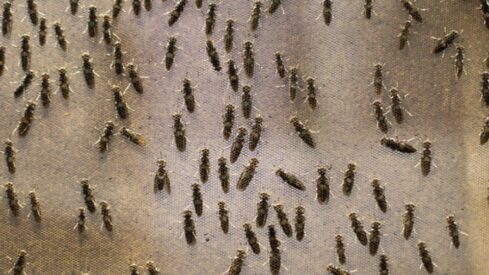From South Africa to Europe: Maltento expands footprint

The South African insect company is leveraging its strategic location and aims to triple its revenue by 2026.
The $3.3 million (€3.1M) in funding secured last year allows the Cape Town-based company to access new markets that were not possible in the past.
Maltento announced it is expanding its product offering into the UK and other European markets, including Germany, France, Spain, Belgium and the Netherlands.
“With the right distribution partners to co-develop the best route to market offering functional and sustainable feed solutions, we will be able to meet the growing demand for our products efficiently and sustainably by the end of 2025,” CEO Dean Smorenburg tells GlobalPETS.
The company is also scaling production at its plant in Epping to reach 150 metric tons per month by mid-next year.
Export license
This expansion follows Maltento’s successful growth in the US market 4 years ago and its efforts to increase its production capacity after achieving the South African ZA export license to export to Europe 3 years ago.
“Shipping costs are also optimized with short-term, high-frequency shipments that take approximately 28 days to reach European and UK markets, similar to our successful distribution channels in the USA,” states Smorenburg.
The company’s CEO highlights that they benefit from Cape Town’s Mediterranean climate, which reduces spoilage during transport and provides a competitive edge over Asian insect protein producers.
Maltento forecasts that expanding into the European region could triple its revenue by 2026.
Long-term goals
In the long run, the insect company is committed to driving socio-economic empowerment in South Africa through job creation and training programs.
The company also aims to minimize its environmental impact by optimizing efficiency in production, supply chain management, transport, energy and packaging.
In addition, Maltento plans to continue developing differentiated, low-carbon ingredients that offer a sustainable alternative to traditional animal feed sources.
